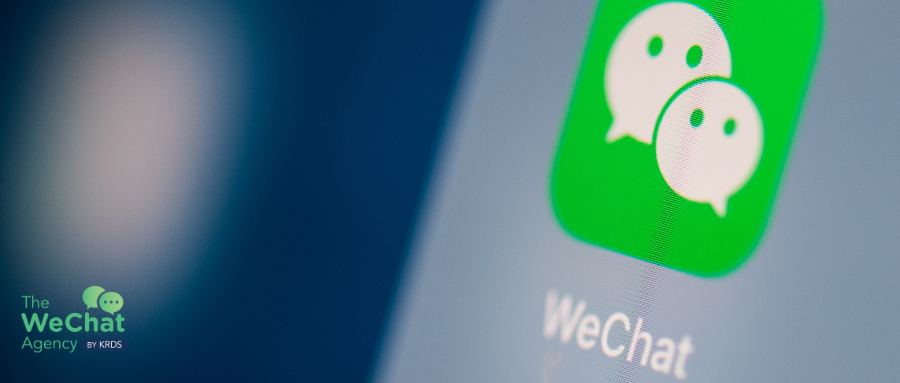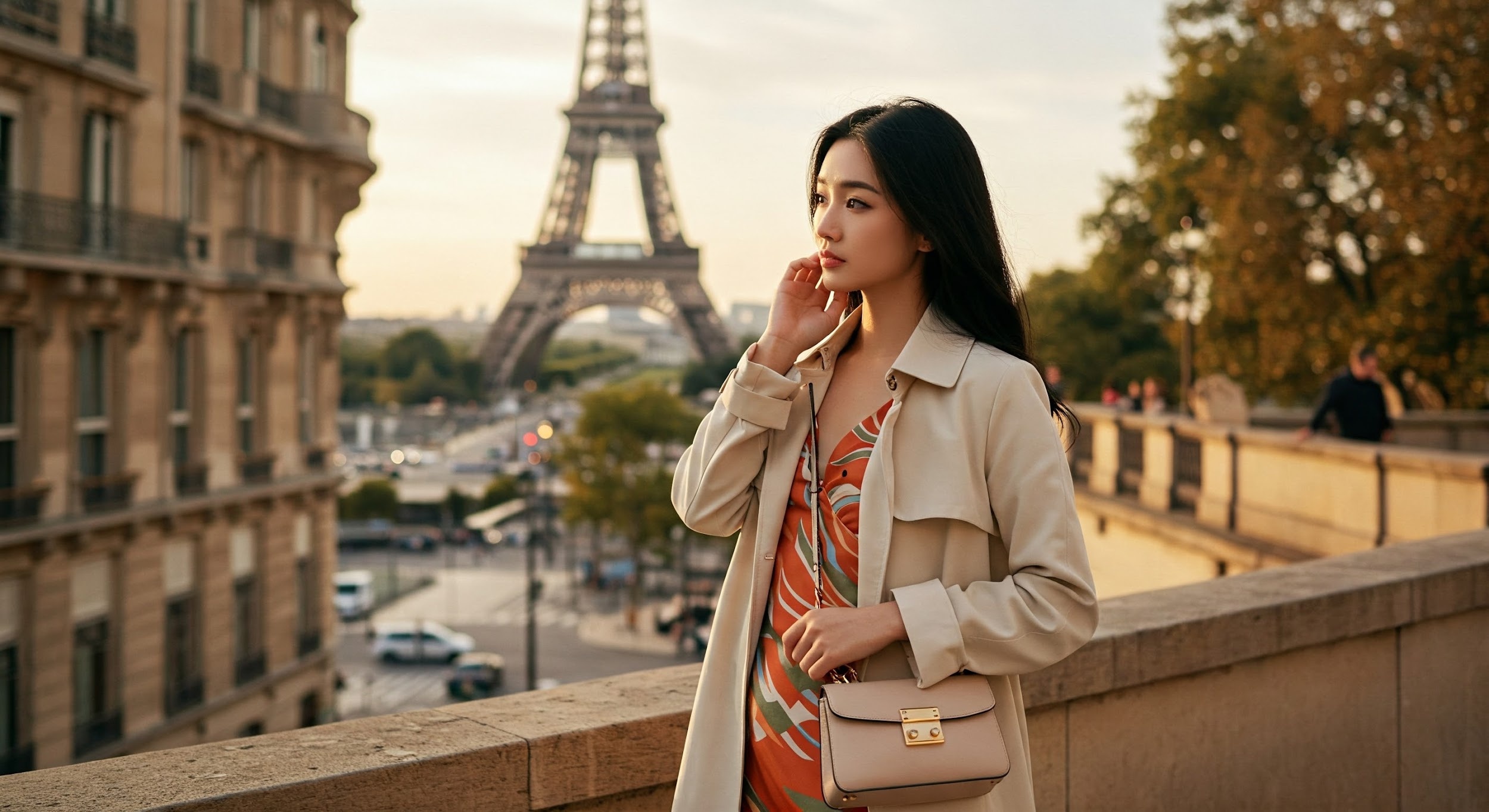Macau’s visitor numbers are surging, bolstering the city’s status as an important destination for Greater Bay Area travelers. Official data showed that Macau saw a record-breaking day this past Saturday, with a total of 197,000 visitors entering the city.
This brought overall visitors in 2024 to over 20 million, with average daily visitors climbing to 93,000 – 36% higher than during the same period in 2023 and 83% of pre-pandemic levels.
The Macau Government Tourism Office recently set a target of 33 million visitors for 2024, a number the SAR is likely to achieve by year’s end. This compares to the 28 million visitors Macau welcomed in 2023, and over 39 million visitors the city recorded at peak levels in 2019.
Policy payoff #
Macau’s growing number of visitors can be directly attributed to July’s increase in duty-free shopping allowances for Chinese visitors, with both Macau and Hong Kong setting new total limits of 15,000 RMB ($2,090).
Broken down, that comprises 12,000 RMB ($1,670) for luggage-carry items, more than double the previous limit of 5,000 RMB ($695), while the additional 3,000 RMB ($418) is reserved for purchases at duty-free stores at border locations.
The city’s pivot towards the broader tourist market follows China’s capital control measures limiting high-stakes gamblers and more recently, the country’s criminalization of illegal money-changing activities, which allowed Chinese players to circumvent the controls.
In addition, Macau’s increased tourism is also linked to the recent Hengqin-Macau multiple-entry policy, introduced in May. Under the policy, mainland Chinese tour groups are issued a special visa that allows them to make multiple trips into Macau through the city’s neighboring island of Hengqin.
Diversification beckons #
A pivot to more entertainment, family-friendly activities, F&B as well as cultural highlights and events has garnered more interest from a wider range of tourists, including families, to the casino hotspot. Macau’s Chief Executive Ho lat Seng announced that the city’s new measures “will contribute to consolidating Macau’s role as a global tourism and leisure center and creating more advantageous conditions for the development of adequate diversification of the economy.”
Despite rising visitor numbers and efforts to attract Chinese tourists, Macau’s luxury retail shops continue to decline. Retailers interviewed across clothing, watches, jewelry, cosmetics, and other segments all saw 30% to 50% YoY sales drops in April. Experts chalk up the numbers to changing consumption patterns.
“The luxury retail shops in Macau are targeting mainland Chinese, and more and more of these duty-free shops opening in recent years will make Macau less attractive,” Nelson Kot, president of the Macau Comprehensive Social Research Association, is reported as saying when addressing the “reshaping” consumption patterns of Chinese travelers.
Brands still have an opportunity to engage high-spending Chinese tourists in Macau, but as the landscape becomes more competitive, they will have to up the ante on activations, pop-ups and shopping-as-entertainment experiences to engage consumers. As many Chinese reallocate their leisure spending to experiential purchases such as travel, over buying just luxury goods, the question remains whether cities like Macau (and Hong Kong) can capitalize on their offerings for both.

